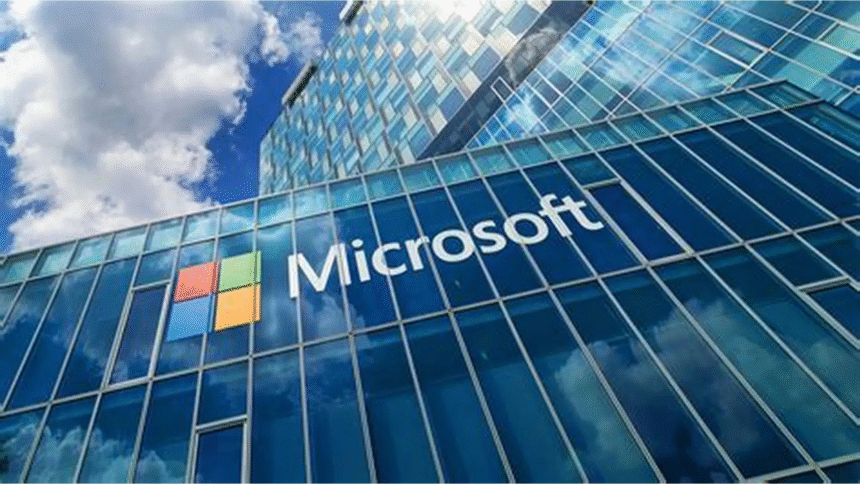In response to a report by the investigative publication ProPublica that raised national security concerns, Microsoft Corporation has announced a policy change that will prevent Chinese engineers from working on cloud computing systems that are maintained for the US Department of Defense (DoD).
According to the study, which was made public earlier this week, Microsoft has been depending on engineering teams in China to help with technical upkeep for the Pentagon’s critical government cloud systems.
The watchdog claimed that although the corporation claimed that these engineers were supervised by “digital escorts”—U.S. nationals with security clearances—the escorts frequently lacked the necessary technical know-how to adequately supervise the foreign employees.
Senior U.S. officials were outraged by the discoveries, including Secretary of Defense Pete Hegseth, who denounced the practice on social media site X (previously Twitter).
Hegseth gave a statement:
“Foreign engineers — from any country, including of course China — should NEVER be allowed to maintain or access DoD systems.”
Frank X. Shaw, the chief communications officer of Microsoft, said the company had taken action to address the issue in a statement released on Friday.
Shaw said:
“In response to concerns raised earlier this week about US-supervised foreign engineers, Microsoft has made changes to our support for US Government customers to assure that no China-based engineering teams are providing technical assistance for DoD Government cloud and related services.”
In the previous tears, a major cloud service provider employed by the Department of Defense along with other federal agencies in the United States known as Microsoft, employed an internal supervision approach for foreign engineers working on infrastructure for the government and dropped Chinese engineers.
Experts have cautioned, however, that such agreements could present national security risks, particularly when they involve nations that have a hostile relationship with Washington.
As both nations tighten regulations on cross-border digital cooperation, the development coincides with increased tensions between the United States and China over technology, cybersecurity, and espionage.
It furthers the continuing discussion over how American tech companies strike a balance between their national security responsibilities and the spread of their personnel around the world.
Microsoft stressed that the latest adjustments are a part of a growing endeavor to strengthen adherence to federal regulations and protect vital infrastructure, even if the company has not revealed the number of engineers engaged or the start date of the process.
